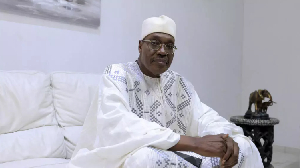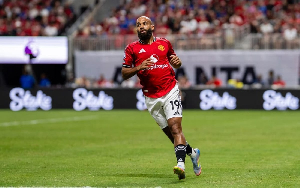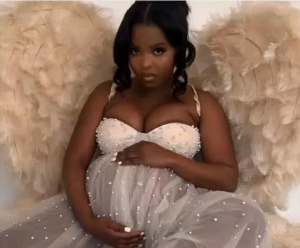“There is always space for you to play, but approach it with diligence,” - Strive Masiyiwa, founder & Chairman, Econet Wireless Group.
According to a research report published by Canadean, total consumption of non-alcoholic beverages in Africa in 2013 was 51,559 million liters (13,473 million gallons). Applying a multiplier to that consumption volume; average price of $1.06 per liter (combination of on and off trade sales values), the value of the non-alcoholic beverage industry in Africa was estimated at $54.6 billion USD. By comparison, the total non-alcoholic industry amounted to $835 billion USD globally in 2013 per Euromonitor International report.
David Tabares, Account Director at Canadean, explained that the $54.6 billion USD figure for Africa, albeit conservative, was based on data obtained from regulated retail and point of purchase as well as specifically from Nigeria, South Africa and ‘Other Africa’ (Tabares noted that the data did not include all African countries as there was no robust way of collecting data given that parts of retail in some of the African countries are still informal).
Africa has a population of approximately 1.2 billion people and a rapidly expanding middle class (somewhere between 128 million by 2020 according to McKinsey and 350 million or 34% of the population in 2010 according to the African Development Bank); indications which point to a rise of a new class of African consumers with disposable income to spend on discretionary products and services.
Therefore, given the undersized $54.6 billion USD valuation of the African non-alcoholic beverage market, the potential size of this industry is tremendously huge; enter the new kids on the block, new beverage companies owned by ‘young African industrialists’ as coined by South African entrepreneur and radio DJ, Sbusiso Leope, who is popularly known as DJ Sbu.
With the growing number of confident, entrepreneurial mavericks who see Africa’s much storied ‘problems’ as opportunities, these African entrepreneurs are building new industries, bringing innovation to their communities and countries or breaking into industries long held by large multi-national companies. Below are three African beverage companies that producing ‘made in Africa’ beverages for the local African consumer market but with an aim of going global;
1. MoFaya Energy Drink, South Africa
MoFaya energy drink, made in South Africa
According to South African recording artist and entrepreneur, DJ Sbu, MoFaya energy drink has been 3-years in the making. Launched late 2014, the new energy drink, lauded as the first and only 100% Black-owned beverage brand in South Africa, was founded by a cohort of eight South Africans with a cumulative 97 years of work experience.
“I actually discovered in my graduate studies that consumers in South Africa were moving from soft drinks, particularly carbonated to energy drinks,” said DJ Sbu, explaining in part why he and founding partner, Siphiwe Likhuleni Shongwe, launched their brand of energy drink, MoFaya.
Not surprising, according to a white paper published by South African based research company, BMi, the energy drinks market, an ever expanding and ever growing industry, proved continued popularity with double digit growth in 2013 (local brands include ‘Score’ from Chill Beverages and ‘Energade’ energy drink from Tiger Brands).
“We developed the formula for our energy drink. Manufacturing and production of MoFaya is done locally in South Africa; Inhle Beverages makes the syrup/energy drink and packaging is done at Nampak Bevcan,” said Likhuleni Shongwe who brings tremendous experience to Mofaya from previous ownership of energy drink, Edge.
Opinions of Monday, 23 March 2015
Auteur: en.africatime.com















